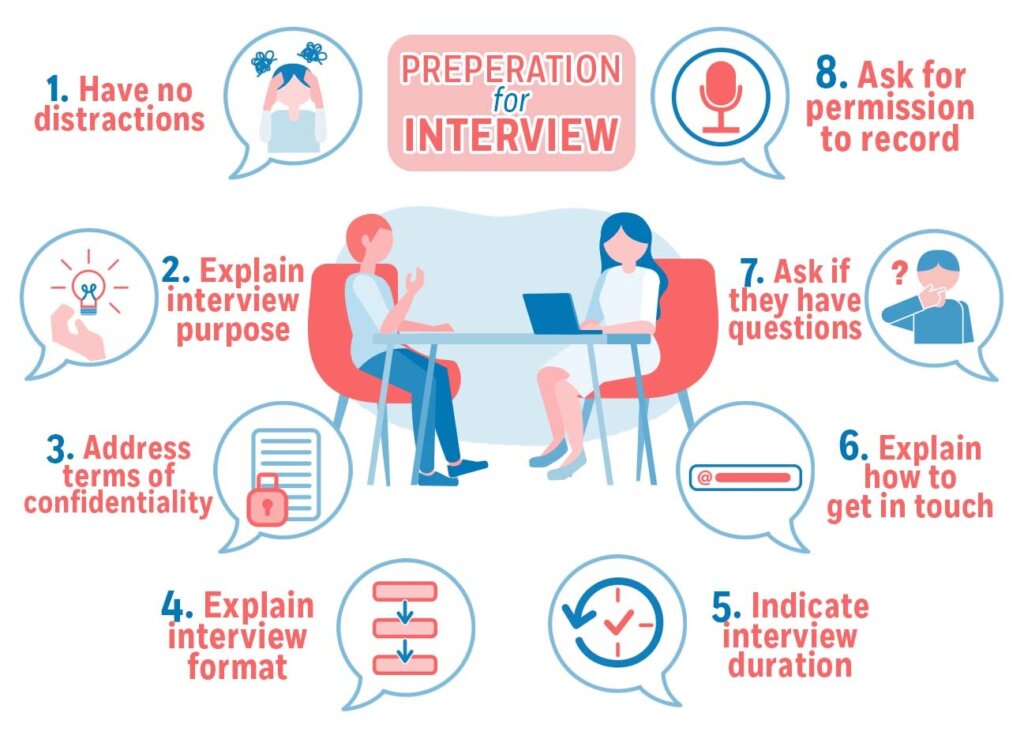
Personal branding is a crucial aspect of running a successful business. Many business owners don’t know how important this is. A strong brand can make your business successful. To attract your target audience, there are many ways to start building a strong branding strategy. Below are a few tips to get you started.
Authenticity
Personal branding is all about authenticity. You can use authenticity to tell your story, and connect with others. By being transparent and open about your path to success, for example, you can be relatable. Authenticity can be used strategically and consistently throughout your brand, from your website content to daily interactions. It's important to remember, however, that not all authenticity is equal.
Personal branding is all about authenticity. It helps to make a positive impression and inspire confidence in your clients. People will readily believe in authentic brands of themselves. A transparent description of your abilities will help you get hired and be considered for business opportunities.

Values
Your values are one of your most important tools to build your brand. These are what motivate you to take action and commit to a particular life path. Determining your values is crucial to your personal brand. They are the basis of your personality. For example, if you feel unhappy at work it is likely that your values don't match the type of work you do.
Targeted audience
An effective personal branding strategy begins with identifying your target audience. For example, if you're a musician, your target audience will be your listeners. Your target audience could be those who are interested and knowledgeable about climate change. Your target audience could include potential employers or experts in your field. By taking the time to determine who your target audience is, you can tailor your message to their interests.
Think about your audience's pain points, and what they need when building a personal branding strategy. For example, a marketing professional may have specific problems in their role and may be motivated to improve. This makes them an ideal audience for a personal branding campaign that addresses these issues. Next, create content to address these issues. This could include how-to articles that help with marketing skills. It might also include industry news, reviews and recommendations for new marketing tools.
Honesty
Honesty should be a core value in building your personal brand. You should be honest in all your interactions, from face-to-face interactions to the online and printed media. Trust will be established when your brand image is consistent. It is important to assess the information you have provided and make any changes necessary.

It's a good idea to be honest with your customers. People trust honest people and prefer to do business with them. This creates relationships and is one of the most important aspects to branding. Honesty is an important part of your personal branding strategy. However, it should not be your only selling point. It should be a social trait that you provide as an ethical trait.
Transparency
Transparency has many benefits. Transparency shows that brands are trustworthy and will stand behind their products and services. This transparency is closely connected to higher customer loyalty. It is crucial that customers are made aware of your business practices so they can understand their impact on them.
A study conducted by Label Insights found that 94% of consumers are willing to spend more money with a brand that is transparent. Moreover, customers who trust a brand will be more likely to make repeat purchases, leave positive reviews and refer a friend. This improves the brand’s reputation and makes them more competitive.